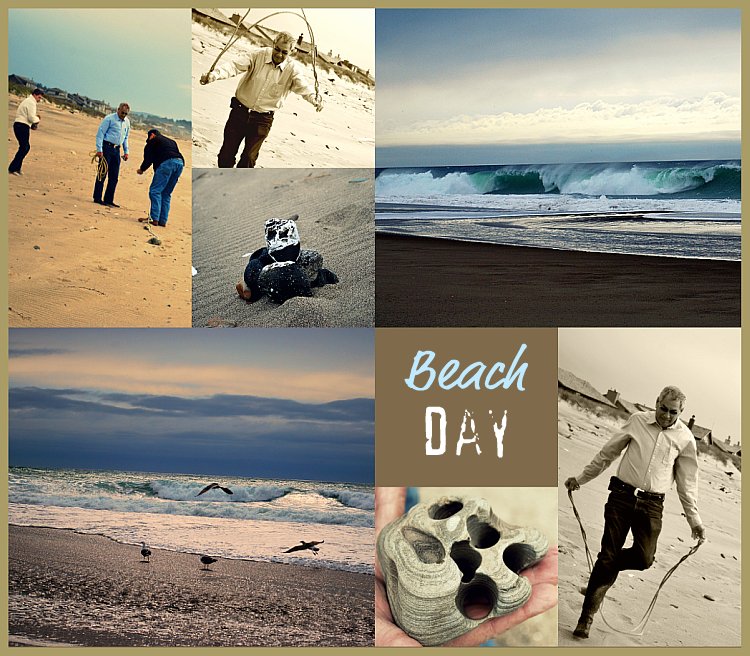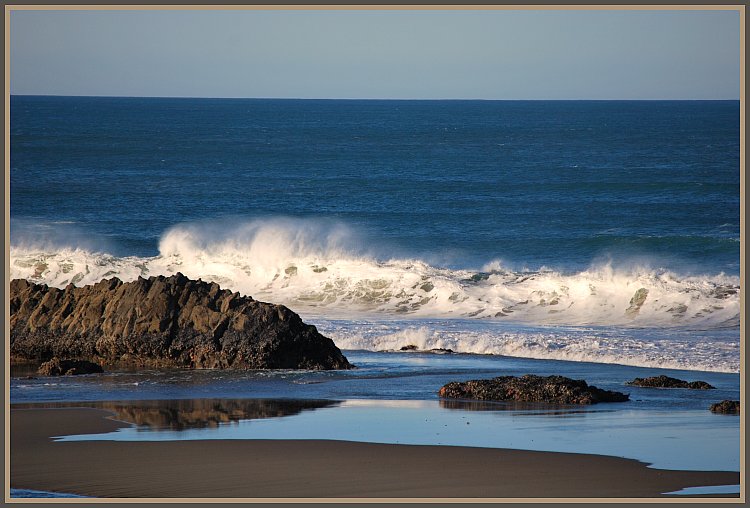I feel compelled to recommend a book I have just recently finished.
Without exaggeration, I would call it essential reading for every American.
Have you ever wondered what sudden phenomenon caused the giant leap in civilization?
Without exaggeration, I would call it essential reading for every American.
Have you ever wondered what sudden phenomenon caused the giant leap in civilization?

~~Epiphany~~
:epiph-a-ny/ sudden manifestation or perception of
the essential nature or meaning of something.
~~~~
As I began reading this book I realized almost immediately that it would cause a huge leap forward
in my understanding and comprehension of the foundations and underpinnings of our amazing country
and why we have been able to prosper in freedom. (Also, perhaps, the reasons why we may be close to losing it all.)
~~~~
As I began reading this book I realized almost immediately that it would cause a huge leap forward
in my understanding and comprehension of the foundations and underpinnings of our amazing country
and why we have been able to prosper in freedom. (Also, perhaps, the reasons why we may be close to losing it all.)
But most importantly, in these pages, I found hope.
In 'The Five Thousand Year Leap', W. Cleon Skousen has done a masterful job
of outlining the basic principles -
or, as he calls them - '28 Great Ideas That Changed the World'.
America's exceptionalism and uniqueness are outlined and
its Founders quoted extensively throughout the book. Not only are its
Founders quoted, ( Jefferson, Madison, Franklin, Adams, etc.)
but also the great thinkers whom they actually considered as their pattern
while crafting our Founding documents : men like
of outlining the basic principles -
or, as he calls them - '28 Great Ideas That Changed the World'.
America's exceptionalism and uniqueness are outlined and
its Founders quoted extensively throughout the book. Not only are its
Founders quoted, ( Jefferson, Madison, Franklin, Adams, etc.)
but also the great thinkers whom they actually considered as their pattern
while crafting our Founding documents : men like
Polybius, Cicero, Thomas Hooker, Coke, Montesquieu, Blackstone,
John Locke, and Adam Smith.
The framers were also careful students of the Bible.
Amazingly, though they came from widely divergent backgrounds,
they shared the experience of having read and studied
the same great books.
John Locke, and Adam Smith.
The framers were also careful students of the Bible.
Amazingly, though they came from widely divergent backgrounds,
they shared the experience of having read and studied
the same great books.
Skousen says~
Their historical readings included a broad perspective of Greek,
Roman, Anglo-Saxon, European, and English history.
To this writer, nothing is more remarkable about the early American leaders
than their breadth of reading and depth of knowledge
concerning the essential elements of sound nation building.
Roman, Anglo-Saxon, European, and English history.
To this writer, nothing is more remarkable about the early American leaders
than their breadth of reading and depth of knowledge
concerning the essential elements of sound nation building.
This, he feels, explains their remarkable unanimity in fundamental beliefs.
On particulars, of course, they quarreled,
but when discussing fundamental precepts
and ultimate objectives they seemed practically unanimous. [ ]
On particulars, of course, they quarreled,
but when discussing fundamental precepts
and ultimate objectives they seemed practically unanimous. [ ]
From all of these valuable sources they sorted out what they considered
to be the best and most enduring for the prosperity and peace
of a free people under a republican system of self-government.
to be the best and most enduring for the prosperity and peace
of a free people under a republican system of self-government.
Get a copy of this book~read it for yourself~pass it on to someone you know!









